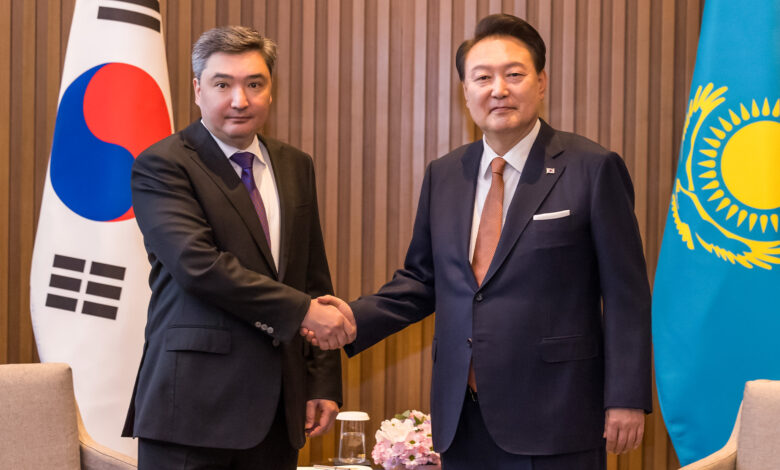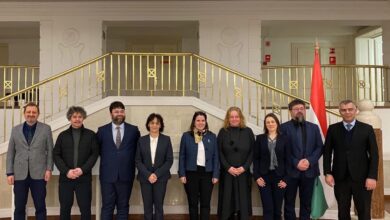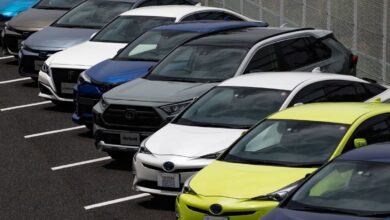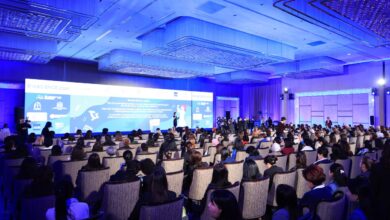Kazakh-Korean Agreements Set for Practical Implementation
In Astana, during a state visit, South Korean President Yun Seok Yeol met with Kazakhstan's Prime Minister Olzhas Bektenov to discuss the implementation of agreements made between President Kassym-Jomart Tokayev and President Yun Seok Yeol.

The discussions focused on enhancing trade, economic cooperation, and partnerships in various sectors including industrial, energy, and aviation.
Prime Minister Bektenov emphasized Kazakhstan’s commitment to rapidly advancing these agreements. “Kazakhstan sees great prospects in developing trade and economic partnerships. To ensure dynamic bilateral cooperation, the Government is ready to immediately begin the practical implementation of all agreements reached at the highest level,” he stated.
Kazakhstan is keen on joint projects in energy, rare earth metal development and processing, infrastructure, automotive production, water resource management, and finance. The development of the manufacturing sector, as part of economic diversification efforts, is a government priority. Korean investments have significantly boosted Kazakhstan’s mechanical engineering sector, with automotive clusters forming across the country. Hyundai cars are being assembled in Almaty, KIA cars in the Kostanay region, and Daewoo Bus Global buses in Semey. Future plans include the production of car seats and multimedia components in Kazakhstan.
The recent agreements open new opportunities for expanding Korean presence and localizing production. Kazakhstan is particularly interested in producing batteries for electric vehicles using South Korean technology. Bektenov also highlighted the importance of Korean assistance in training Kazakh personnel for the automotive industry.
Both nations are set to enhance technology exchange and jointly implement projects in priority sectors. Prominent projects include building a waste processing plant, establishing ferroalloy production, and collaborating on the mining and processing of rare earth metals with a focus on delivering high-value products to Korea.
Hydrogen energy is another potential area for collaboration, while localized production of elevator equipment could enhance construction site safety. To boost cultural, humanitarian, and business ties, new passenger air routes are being considered, driven by a doubling of Korean tourists to Kazakhstan over the past year.
Kazakhstan’s cooperation with Korea is supported by a dedicated Working Group, which oversees promising projects such as a new Lotte confectionery factory in the Almaty region, production of Samsung appliances in the Karaganda region, and Hi Air Korea’s oil and gas equipment manufacturing in Almaty.



